During this seminar, we will present the web service developed to automatically connect the lab datasets to Antarctic Master Directory and discuss about the service development plan to best support our colleagues
The Challenge: Summary of Global Ocean Data Hub and marine database management challenges.
The Prototype: Presentation of the web service developed and how we believe it could be implemented to apply advanced data management practices.
Toward and Ideal Design: Discussion on operational challenges to identify which additional services & design element are needed to to best support the lab research and data management efforts.
Collegamento WEBEX:
https://cnronline.webex.com/cnronline/j.php?MTID=mee9ed5ac4049a6b7b8adf0cf915468df
“Partecipando a questo incontro, accetti che lo stesso venga registrato e reso disponibile sul cloud di ISMAR. Dalla registrazione verranno eliminati lista dei partecipanti e chat”
Ricordiamo a tutti di tenere spento il proprio microfono. Accenderlo solo in caso di intervento.
In allegato la locandina del Seminario
Il gruppo seminari CNR-ISMAR, Alessandra Conversi (Lerici), Filomena Loreto (Bologna), Gianluigi Liberti (Roma) e Camilla Palmiotto (Bologna).
Download:












